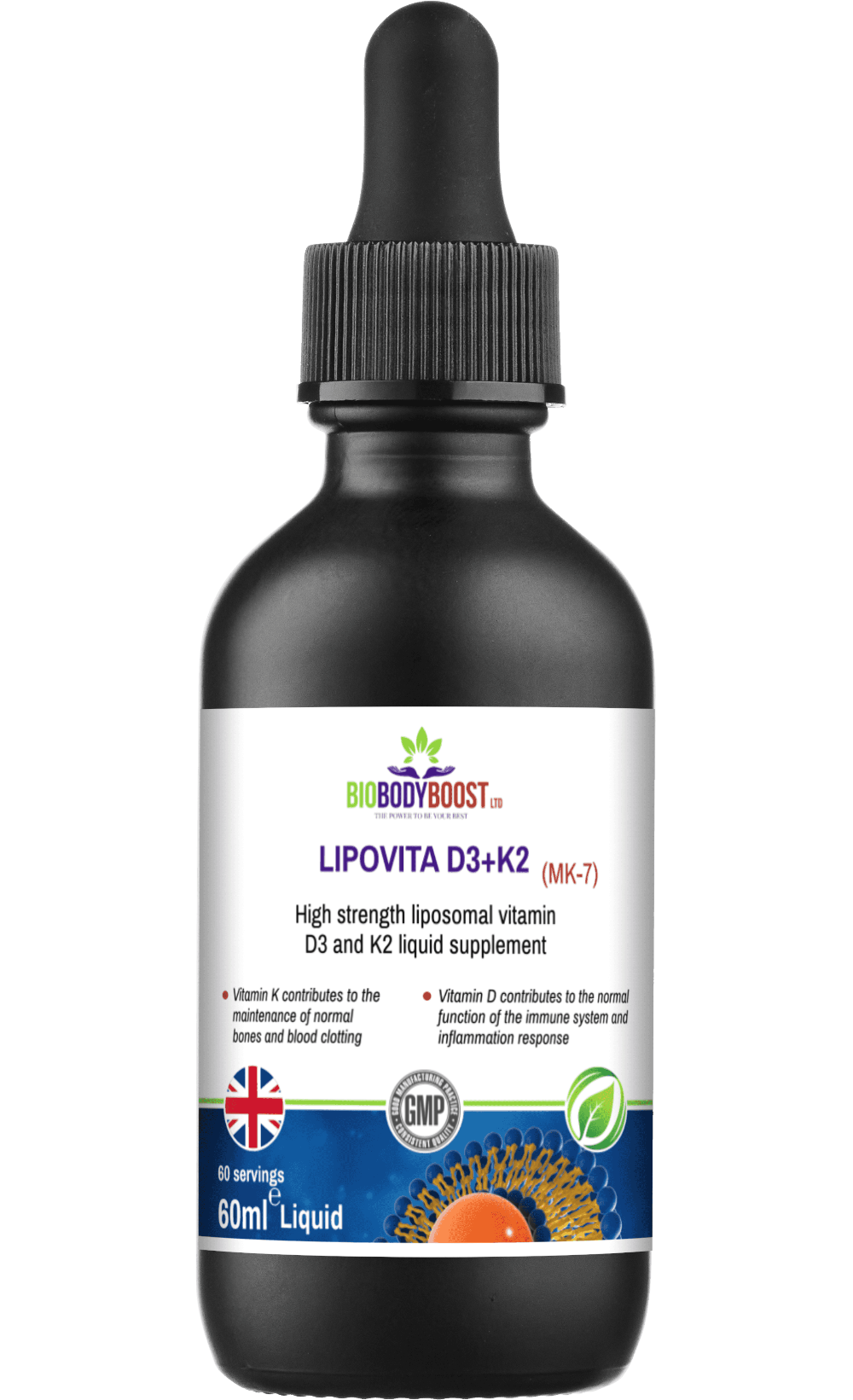A Guide to Fermented Foods and Their Health Benefits
In recent years, fermented foods have gained significant attention for their numerous health benefits. This fermented foods guide will explore the various types of fermented foods, their health benefits, and how you can incorporate them into your diet. Whether you're a seasoned health enthusiast or just starting your wellness journey, understanding the health benefits of fermented foods can be a game-changer for your overall well-being.
What Are Fermented Foods?
Fermented foods are products that have undergone a natural process of fermentation, where microorganisms like bacteria, yeast, or molds convert sugars and starches into acids or alcohol. This process not only preserves the food but also enhances its nutritional profile. Common examples include yogurt, sauerkraut, kimchi, kefir, and kombucha.
The Science Behind Fermentation
Fermentation is a time-honored method of food preservation that dates back thousands of years. During fermentation, beneficial bacteria proliferate, leading to the production of probiotics—live microorganisms that can provide health benefits when consumed in adequate amounts. This guide to fermented food benefits will delve into the specific advantages these foods offer.
Health Benefits of Fermented Foods
- Improved Digestion: One of the most well-known benefits of fermented foods is their ability to enhance gut health. Probiotics found in fermented foods can help balance the gut microbiome, leading to improved digestion and reduced symptoms of bloating and gas.
- Boosted Immune System: A healthy gut is crucial for a robust immune system. The probiotics in fermented foods can help strengthen your immune response, making you less susceptible to infections.
- Enhanced Nutrient Absorption: Fermentation can increase the bioavailability of nutrients, making it easier for your body to absorb vitamins and minerals. For instance, fermented dairy products like yogurt can enhance calcium absorption.
- Weight Management: Some studies suggest that probiotics may play a role in weight management by influencing appetite-regulating hormones and fat storage.
- Mental Health Benefits: Emerging research indicates a strong connection between gut health and mental well-being. Consuming fermented foods may help alleviate symptoms of anxiety and depression.
Incorporating Fermented Foods into Your Diet
Now that you understand the health benefits of fermented foods, you might be wondering how to include them in your daily meals. Here are some simple ways to get started:
- Add yogurt to your breakfast: Top your morning oatmeal or smoothie with a dollop of yogurt for a probiotic boost.
- Experiment with kimchi: Use kimchi as a side dish or add it to stir-fries for a spicy kick.
- Drink kombucha: Swap sugary sodas for kombucha, a refreshing fermented tea that offers a fizzy alternative.
- Make your own sauerkraut: Try fermenting cabbage at home for a delicious and tangy condiment.
Conclusion
In conclusion, incorporating fermented foods into your diet can provide a multitude of health benefits. From improved digestion to enhanced immune function, the advantages are compelling. This A Guide to Fermented Foods and Their Health Benefits serves as a starting point for anyone looking to explore the world of fermentation. So why not take the plunge? Start adding these nutrient-rich foods to your meals today and experience the transformative effects on your health!
For more information and tips on fermented foods, visit our detailed article at A Guide to Fermented Foods and Their Health Benefits.







0 comments